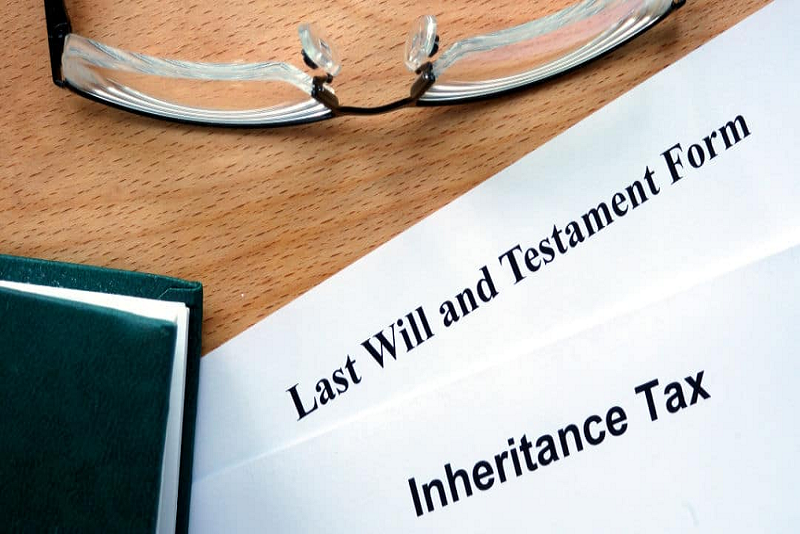BROWSE BY TOPIC
- Bad Brokers
- Compliance Concepts
- Investor Protection
- Investments - Unsuitable
- Investments - Strategies
- Investments - Private
- Features/Scandals
- Companies
- Technology/Internet
- Rules & Regulations
- Crimes
- Investments
- Bad Advisors
- Boiler Rooms
- Hirings/Transitions
- Terminations/Cost Cutting
- Regulators
- Wall Street News
- General News
- Donald Trump & Co.
- Lawsuits/Arbitrations
- Regulatory Sanctions
- Big Banks
- People
TRENDING TAGS
Stories of Interest
- Sarah ten Siethoff is New Associate Director of SEC Investment Management Rulemaking Office
- Catherine Keating Appointed CEO of BNY Mellon Wealth Management
- Credit Suisse to Pay $47Mn to Resolve DOJ Asia Probe
- SEC Chair Clayton Goes 'Hat in Hand' Before Congress on 2019 Budget Request
- SEC's Opening Remarks to the Elder Justice Coordinating Council
- Massachusetts Jury Convicts CA Attorney of Securities Fraud
- Deutsche Bank Says 3 Senior Investment Bankers to Leave Firm
- World’s Biggest Hedge Fund Reportedly ‘Bearish On Financial Assets’
- SEC Fines Constant Contact, Popular Email Marketer, for Overstating Subscriber Numbers
- SocGen Agrees to Pay $1.3 Billion to End Libya, Libor Probes
- Cryptocurrency Exchange Bitfinex Briefly Halts Trading After Cyber Attack
- SEC Names Valerie Szczepanik Senior Advisor for Digital Assets and Innovation
- SEC Modernizes Delivery of Fund Reports, Seeks Public Feedback on Improving Fund Disclosure
- NYSE Says SEC Plan to Limit Exchange Rebates Would Hurt Investors
- Deutsche Bank faces another challenge with Fed stress test
- Former JPMorgan Broker Files racial discrimination suit against company
- $3.3Mn Winning Bid for Lunch with Warren Buffett
- Julie Erhardt is SEC's New Acting Chief Risk Officer
- Chyhe Becker is SEC's New Acting Chief Economist, Acting Director of Economic and Risk Analysis Division
- Getting a Handle on Virtual Currencies - FINRA
ABOUT FINANCIALISH
We seek to provide information, insights and direction that may enable the Financial Community to effectively and efficiently operate in a regulatory risk-free environment by curating content from all over the web.
Stay Informed with the latest fanancialish news.
SUBSCRIBE FOR
NEWSLETTERS & ALERTS
When a Brokerage Customer Dies - Tips for Heirs and Beneficiaries
By Howard Haykin
FINRA further recommends that heirs or beneficiaries to brokerage account assets take the following steps, which can help smooth out the asset transition process:
► Notify the firm in a timely manner of an account holder's death. If you aren't sure whether the deceased had a brokerage account, keep an eye out for account statements or other indications that an account exists.
► Know what you own. Upon taking ownership of the account assets, take time to understand your investment holdings and determine whether they are right for you. In particular, learn about the risks of each investment, if there are any restrictions on when you can sell the investment (liquidity risk) and any fees or other costs associated with the investment.
► Investigate the pros and cons of selling investments. If you plan to sell assets, there likely will be costs and tax consequences from the sale. Selling decisions should align with your overall investment objectives. Consider consulting a tax advisor for guidance.
► Assess whether the current firm and broker are right for you. You are not required to stay with the deceased person's firm or the broker who handled the account - and you should not be pressured to do so. That said, don't feel compelled to transfer your account to another firm, and don't transfer assets or buy new ones without doing your due diligence about the firm, investment professional and investments - i.e., by referencing FINRA's BrokerCheck database.
► Understand that not every brokerage account transfer situation is trouble-free. But coming into the process with a sense of what to expect from the deceased person's brokerage firm, and what the firm will likely ask of you, can help make the transition less confusing.
For further guidance, click on any of these other posts:
- Schwab: Losing a loved one.
- Think Advisor: 4 Steps to Transfer Deceased Parents’ Brokerage Assets.
- Investopedia: Transfer on Death (TOD).





